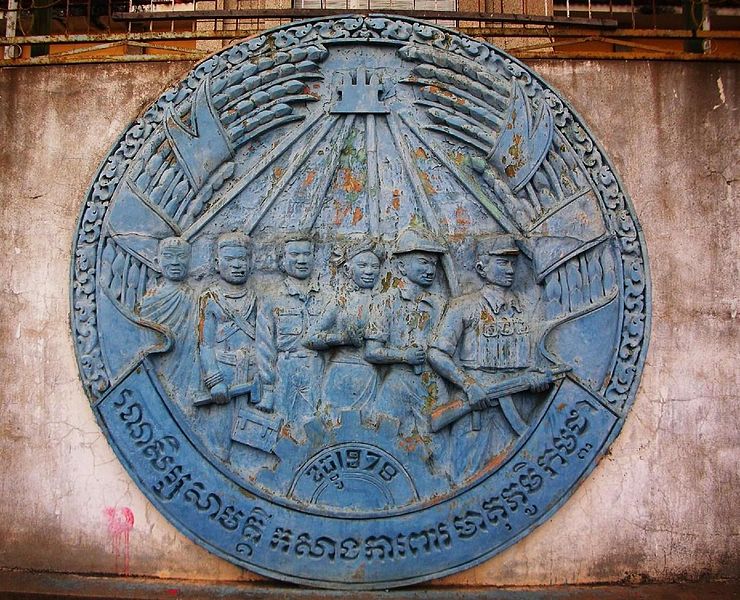Speaking on May 20, the National Day of Remembrance, marking the genocide committed by the Khmer Rouge regime, Cambodian Prime Minister Hun Sen had this to say: “In order to make sure this regime never returns, we must participate in maintaining peace.” Talk of the Khmer Rouge returning may seem perverse. It was overthrown in 1979. It finally laid down its weapons in the late 1990s. The average Cambodian is aged around 25, so the vast majority never lived through the genocidal times, and most were born after the Khmer Rouge gave up its arms. The tribunal set up to prosecute the last surviving leaders of that regime ended last week.
Yet, Hun Sen’s message has been the same for decades. His explicit claim is that his ruling Cambodian People’s Party (CPP), in power since the overthrow of the Khmer Rouge in 1979, saved Cambodia from an era of barbarism. (The CPP was formed out of the “Salvation Front” that overthrew the genocidal regime.) Hun Sen’s implicit message, however, is that Cambodian society and its people are so unruly they need his autocratic leadership to rescue them from their own (apparently innate) brutality. However much he may disagree, Hun Sen has a deeply cynical, almost Hobbesian view, of his own people. Cambodia found salvation in 1979, he says, but only he can save it from the damnation that’s just around the corner.
For much of the country’s opposition movement, though, 1979 was another year of national damnation: the year that the Vietnamese, the bete noire of Cambodian nationalists, took over their country. (The Salvation Front was assisted by Vietnamese troops in overthrowing the Khmer Rouge.) Many believe Hanoi still pulls the strings of Hun Sen’s authoritarian government that needs to be removed from power in order for Cambodia to prosper. For them, Cambodia is still in search of salvation. In 2012, Cambodia’s two opposition leaders, Sam Rainsy and Kem Sokha, finally agreed to merge their respective political parties together. It was a long process. Talks began at least five years earlier. The party is now banned, having been forcibly dissolved by the authorities in 2017 over spurious accusations of plotting a U.S.-backed coup. Hun Sen says this was done to preserve the peace and avoid another damnation.
In full: https://thediplomat.com/2022/09/cambodia-needs-to-move-past-the-narrative-of-national-salvation/




